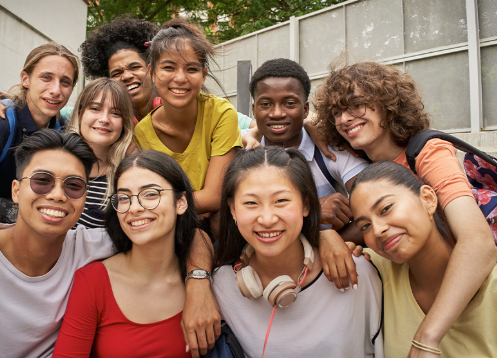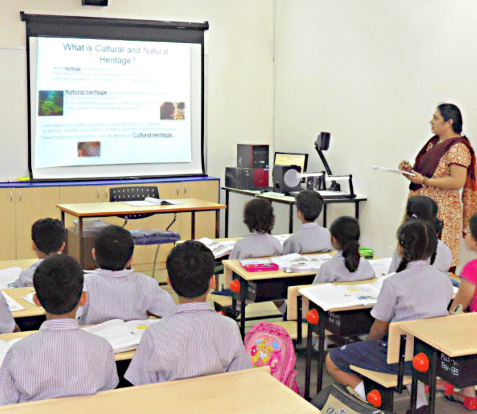Higher learning institutions are more than places of academic pursuit—they are diverse communities that bring together individuals from different backgrounds, beliefs, and perspectives. Through intentional learning experiences and shared interactions, colleges and universities help students expand their understanding of the world around them. Here’s why higher learning plays a vital role in promoting cultural awareness.
1. Exposure to Diverse Perspectives
Campuses are melting pots of cultural, linguistic, and social diversity. By engaging with peers from varied backgrounds, students gain insights into other ways of thinking and living, challenging assumptions and broadening their worldviews.
2. Globalized Curricula
Many higher education programs include coursework on global issues, world history, cross-cultural communication, and international relations. These subjects foster a deeper understanding of how culture influences ideas, systems, and behaviors.
3. Study Abroad and Exchange Opportunities
Programs that encourage international study or virtual exchange immerse students in new cultural environments. These experiences promote adaptability, empathy, and appreciation for global interconnectedness.
4. Interdisciplinary Learning
Liberal arts and social science courses often explore the roles of culture in shaping literature, art, politics, and identity. This academic approach helps students connect cultural theory to real-world applications.
5. Inclusive Campus Events and Organizations
Cultural celebrations, student clubs, and diversity-focused events provide spaces for students to share traditions and learn from others. These activities promote mutual respect and community engagement.
6. Dialogue and Critical Thinking
Class discussions, forums, and seminars often tackle complex cultural and social topics. Students learn to listen, reflect, and communicate thoughtfully—skills essential to navigating an increasingly multicultural world.
7. Faculty and Staff Representation
Diverse faculty bring unique cultural insights and lived experiences into the classroom. Their perspectives enrich instruction and inspire inclusive learning environments.
8. Preparation for Global Careers
Employers value cultural competency—the ability to work respectfully and effectively with people from different backgrounds. Higher learning prepares students to enter diverse workplaces and engage in international collaboration.
9. Support for Multilingualism and Identity Exploration
Language programs and identity-based centers support students in exploring their own cultures while learning about others. These resources reinforce pride in heritage and curiosity about global diversity.
10. Lifelong Impact
Cultural awareness gained through higher education encourages lifelong learning, civic responsibility, and openness. Graduates often become advocates for inclusion, equity, and intercultural understanding in their personal and professional lives.
Conclusion
Higher learning is a powerful force for promoting cultural awareness. By providing a space where diverse voices are heard and respected, colleges and universities help students grow into informed, compassionate, and globally minded individuals. In doing so, they lay the foundation for more inclusive communities and a more connected world.














